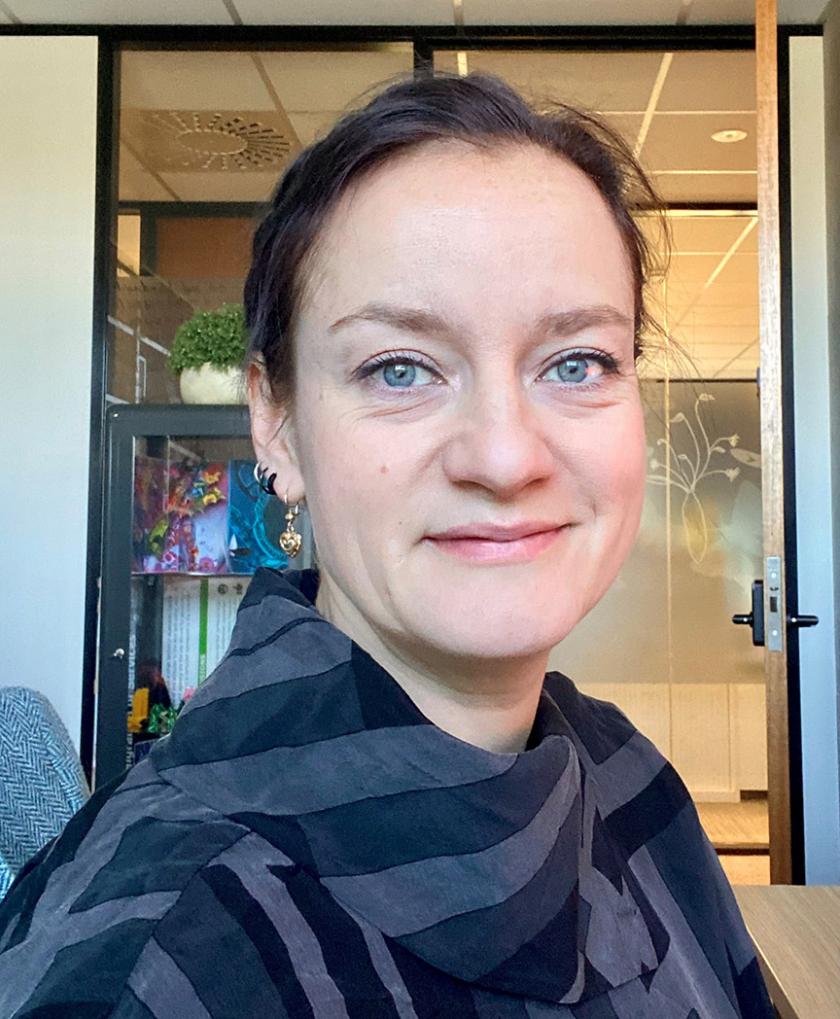
Terhi Nurmikko-Fuller, senior lecturer at the Australian National University, has been selected by the iSchool faculty as a research fellow for a two-year term through 2021. Research fellows are chosen because their work is relevant to the interests of the School's faculty and students. Each will give at least one lecture during their appointment.
"I'm delighted to have been selected as a research fellow for the iSchool. I am very much looking forward to engaging in dialogues on my research, particularly in the context of Linked Data and library metadata. Illinois is the ideal place for me to discuss my work, find collaborators, and engage with colleagues with shared interests—the faculty here includes some of the pioneering researchers in this dynamic field," said Nurmikko-Fuller.
Nurmikko-Fuller's research interests focus on interdisciplinary experimentation into the ways digital technologies can be used in the humanities, arts, and social sciences. Her publications cover a range of topics including the use of Linked Data and Semantic Web technologies; 3D digital models in GLAM (galleries, libraries, archives, and museums); and Web Science, in which she examines the Web from both social and technical perspectives. Nurmikko-Fuller is a member of the Australian Government Linked Data Working Group, a Fellow of the Software Sustainability Institute in the UK, an eResearch South Australia (eRSA) HASS DEVL (Humanities Arts and Social Sciences Data Enhanced Virtual Laboratory) Champion, and a British Library Researcher in Residence (Collections). She holds a PhD in Web Science from the University of Southampton.
Nurmikko-Fuller will present "Bibliographic Datasets as Linked Data: Investigating the Aggregation of Disparate Libraries" at the Center for Informatics Research in Science and Scholarship (CIRSS) Seminar on January 24.